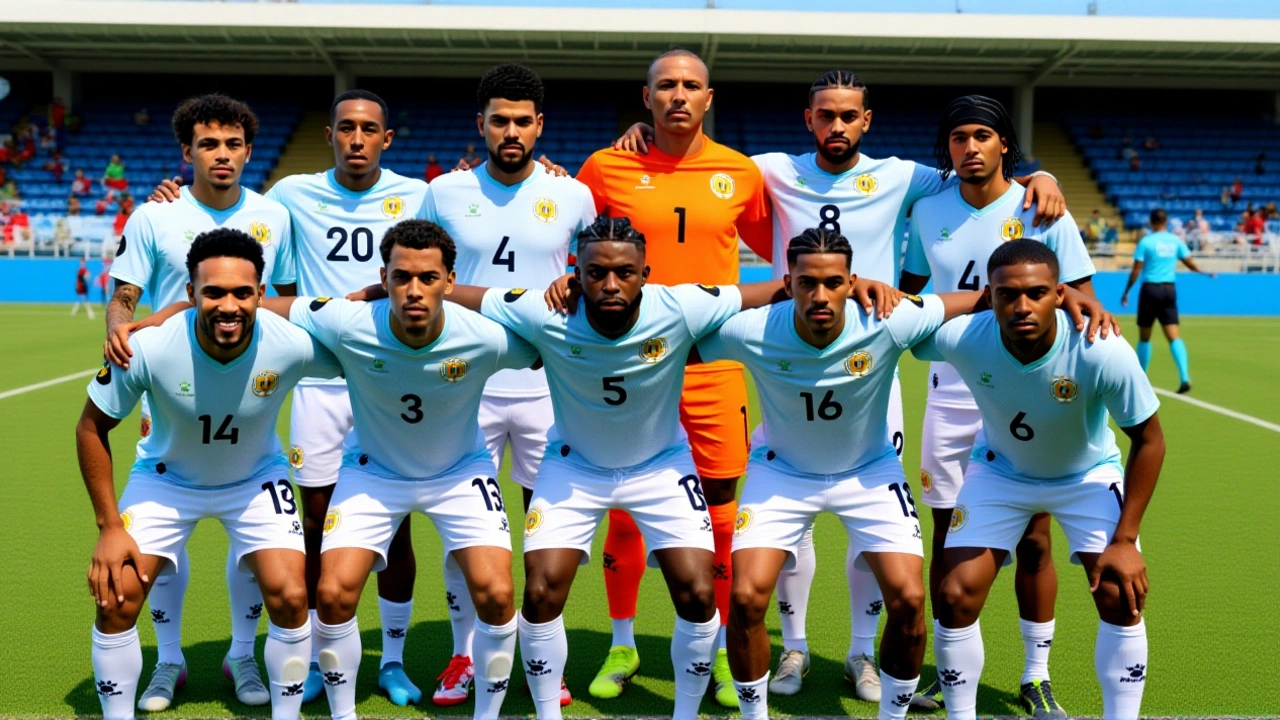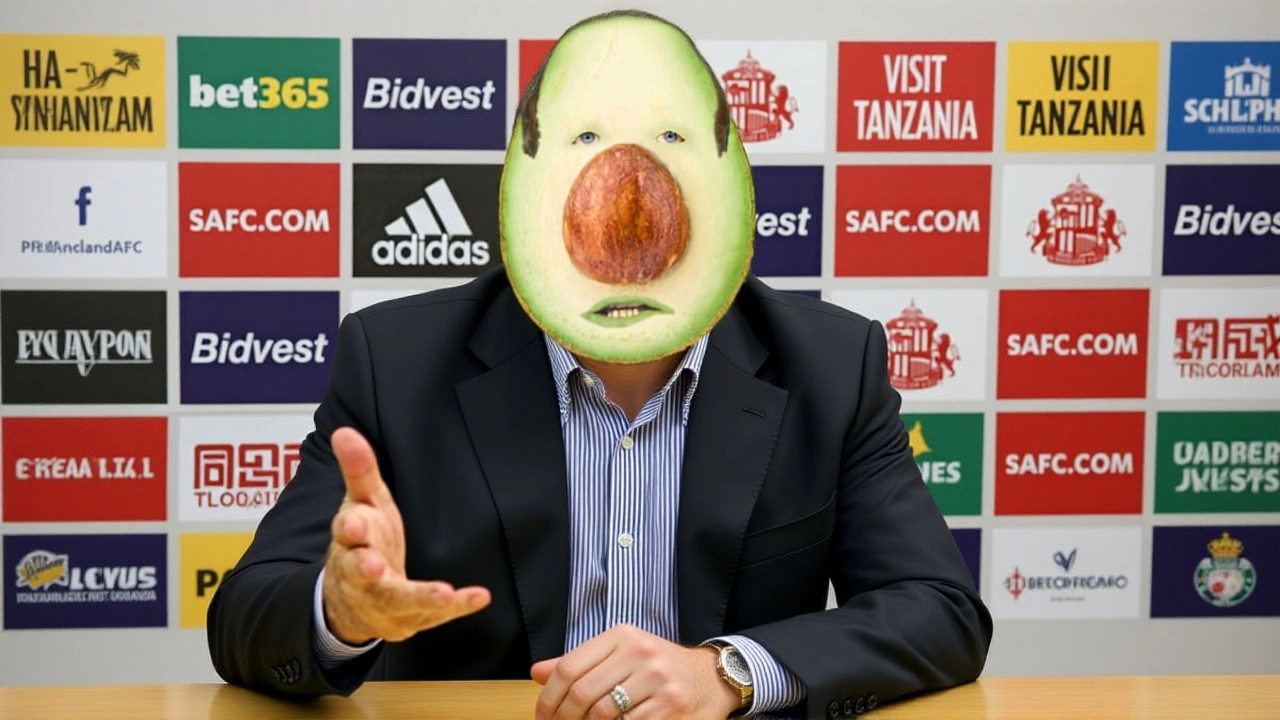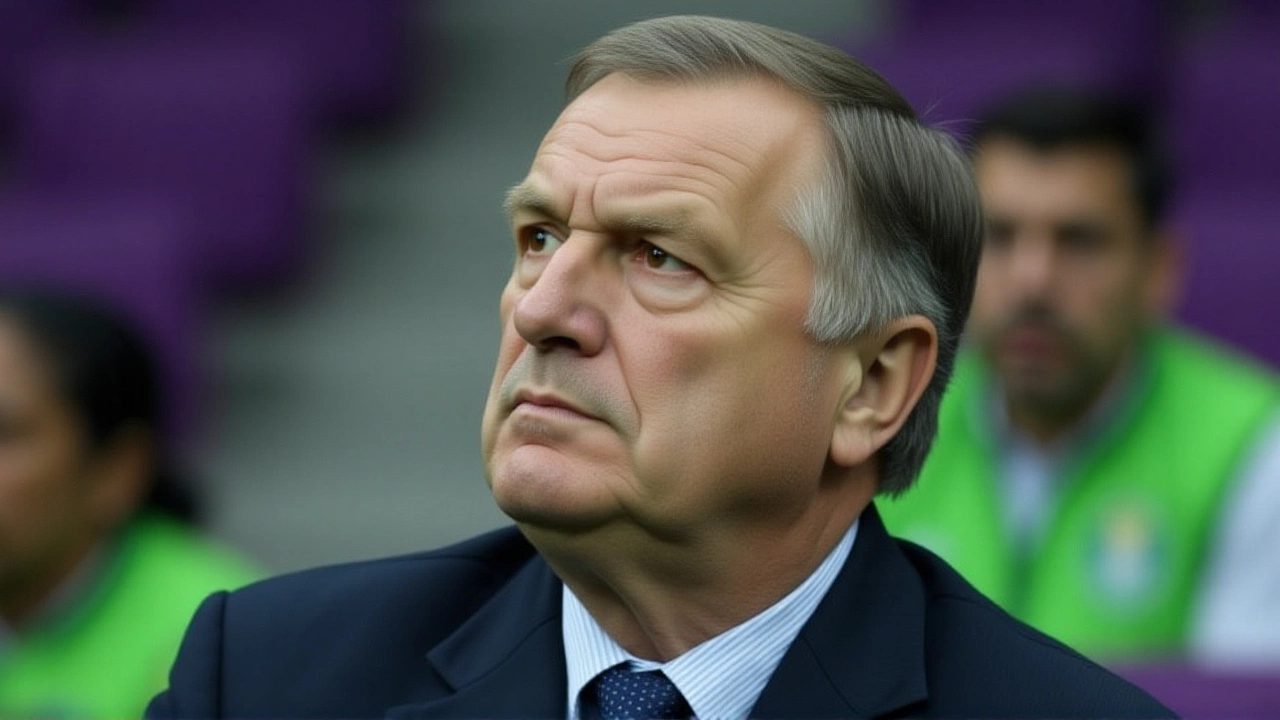At 78, Dick Advocaat isn’t slowing down—he’s steering the Curaçao national football team through the gritty, unpredictable grind of 2026 FIFA World Cup qualification in the CONCACAF region. It’s not just another job. For Advocaat, it’s the latest chapter in a coaching saga that has spanned four decades, three continents, and two World Cups where he defied expectations. This time, he’s not chasing glory in Amsterdam or Seoul—he’s building something new in the sun-baked streets of Willemstad.
A Legacy Built on Survival
Advocaat’s career reads like a football thriller. In 1993, he pulled off one of the most dramatic qualifiers in Dutch history: a 2–0 win over England at Wembley Stadium that sent the Netherlands to the 1994 World Cup. The twist? He was supposed to be replaced by Johan Cruyff. Negotiations collapsed. Advocaat stayed. And the Dutch made it to the quarter-finals. No one saw it coming—not even the KNVB. Then came South Korea in 2006. After being fired by FC Zenit Saint Petersburg mid-season, he took over a team many wrote off. They beat Togo 2–1 in Frankfurt. Drew 1–1 with France in Stuttgart, thanks to a last-minute equalizer. Lost to Switzerland in Hannover. And just like that, his tenure ended. He resigned before the plane even left Germany. What’s remarkable isn’t just that he coached two different nations at World Cups—it’s that he did it with barely any time to prepare. He’s the kind of manager who thrives in chaos. The kind who walks into a dressing room with half a squad, a shaky defense, and a mountain of doubt—and somehow finds a way to win.The Third Act: Netherlands Revisited
In 2017, the Royal Dutch Football Association (KNVB) called him back. For the third time. This time, with Ruud Gullit—his former star and longtime rival—as assistant. The symbolism was thick. Their feud had been public, bitter. Yet on 9 June 2017, at the Johan Cruijff ArenA, they stood side by side as the Netherlands crushed Luxembourg 5–0. It was a statement: Advocaat wasn’t just back. He was still dangerous. He managed the Dutch through the 2018 qualifiers and stepped down after the tournament. But retirement? Not his style. He took a brief role in the UAE, then Scotland, then back to club football. But the international call kept coming. And in 2024, the Curaçao Football Federation made their move.
Curaçao: A New Challenge in the Caribbean
Curaçao isn’t a football giant. It’s a small island with a population of just 160,000, competing against giants like the USA, Mexico, and Canada in CONCACAF. Their last World Cup appearance? Never. But they’ve got talent—fast wingers, gritty defenders, and a hunger that’s hard to replicate. Advocaat’s arrival was met with cautious optimism. He’s brought structure. Discipline. A focus on counter-pressing and set pieces—hallmarks of his tactical fingerprint. His first matches in 2024 saw Curaçao hold Jamaica to a 1–1 draw in Willemstad and edge Suriname 2–1 in Paramaribo. Not flashy, but effective. Exactly his style. The team sits mid-table in Group A of the 2026 qualifiers as of November 2025. They’re not out of it. Not yet. And with Advocaat at the helm, they’ve got a fighting chance.Why This Matters
Advocaat’s journey isn’t just about one man’s career. It’s about how football transcends borders. He’s managed in Russia, Belgium, the Netherlands, South Korea, and now the Caribbean. He’s worked with legends like Cruyff and Gullit—and survived their egos. He’s lost jobs, been fired, ignored, doubted. Yet here he is, still coaching. Still winning. Still believing. His legacy? He’s one of only three managers to lead two different national teams to consecutive World Cups. He’s a master of the underdog. And now, he’s trying to make Curaçao the next surprise story in international football.
What’s Next?
Curaçao’s next crucial qualifier is against Trinidad and Tobago in March 2026. A win could put them in playoff contention. A loss? It could end their hopes. Advocaat won’t say it aloud, but he’s thinking about it. He always does. He’s not chasing records anymore. He’s chasing meaning. And if Curaçao somehow qualifies for the 2026 World Cup? That won’t just be a miracle. It’ll be the crowning achievement of a career that refused to quit.Frequently Asked Questions
How has Dick Advocaat’s coaching style evolved over his career?
Advocaat’s approach has always centered on defensive solidity and quick transitions, but he’s adapted over time. In the 1990s, he favored a rigid 4-4-2 with disciplined full-backs. By 2006 with South Korea, he incorporated more pressing and midfield control. Today with Curaçao, he blends structure with individual flair, trusting his attackers to exploit space—reflecting modern football’s demands while staying true to his roots.
Why did Dick Advocaat take the Curaçao job at 78?
Advocaat has never been motivated by money or prestige—he’s driven by challenge. Curaçao offers him a blank slate: no expectations, no media circus, just raw potential. He’s seen it before—turning underdogs into contenders. Plus, his deep ties to the Kingdom of the Netherlands make this role culturally meaningful. He’s not just coaching a team; he’s helping build a footballing identity.
What’s the significance of Advocaat managing three different national teams in World Cups?
Only three managers in history have led two different national teams to consecutive World Cups. Advocaat did it with the Netherlands (1994) and South Korea (2006). If Curaçao qualifies for 2026, he’ll become the first to do it with three. That’s not just a footnote—it’s a historic milestone that cements his place among football’s great tacticians, regardless of nationality.
How does Curaçao’s 2026 World Cup campaign compare to their past efforts?
Before Advocaat, Curaçao had never won a World Cup qualifier match in the CONCACAF Hexagonal round. Under his leadership, they’ve already earned four points from six matches in the 2026 qualifiers, including a historic 1–0 win over the Dominican Republic in September 2024. Their goal difference has improved by 1.3 goals per game compared to their 2022 campaign—proof that his systems are working.
What role did Ruud Gullit play in Advocaat’s return to the Netherlands in 2017?
Gullit’s appointment as assistant was a reconciliation of sorts. The two had clashed bitterly during Advocaat’s first tenure, with Gullit refusing to play under him in 1994. Their reunion in 2017 sent shockwaves through Dutch football. Gullit brought star power and tactical insight, helping Advocaat connect with younger players. Their partnership, though short-lived, became a symbol of professional growth—two legends putting history aside for the team’s sake.
Is Dick Advocaat the oldest manager ever in World Cup qualification?
As of 2025, Advocaat is the oldest active manager in World Cup qualification history. At 78, he surpasses former Italy coach Cesare Maldini (who managed at 72 in 2002 qualifiers) and even Sir Alex Ferguson, who retired from club management at 71. His longevity isn’t just physical—it’s mental. He still studies opponents’ patterns, reviews video at 6 a.m., and speaks fluent Dutch, English, and basic Papiamento. Age hasn’t dimmed him. It’s sharpened him.
